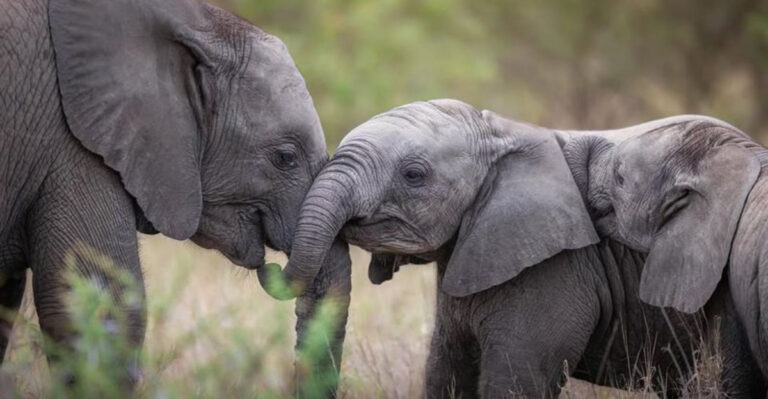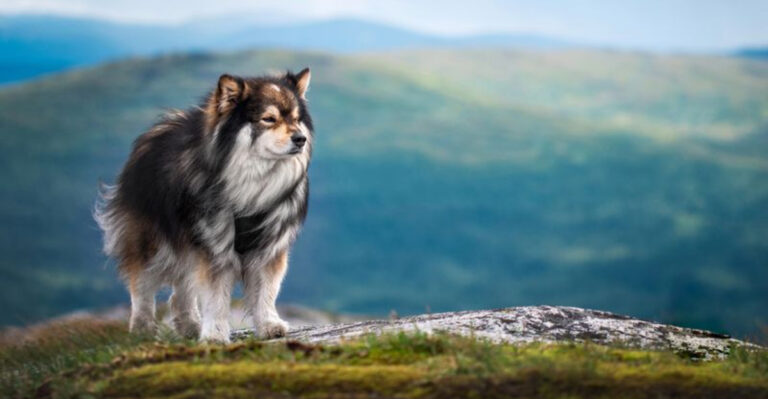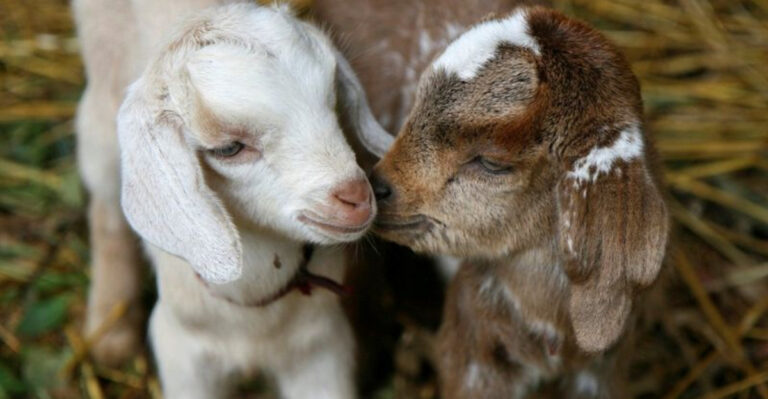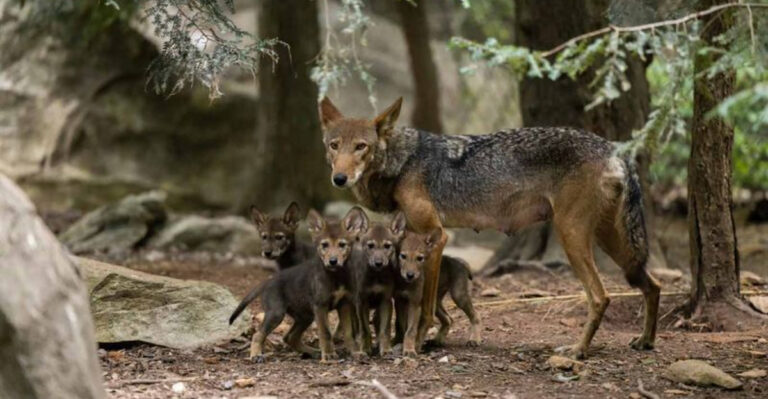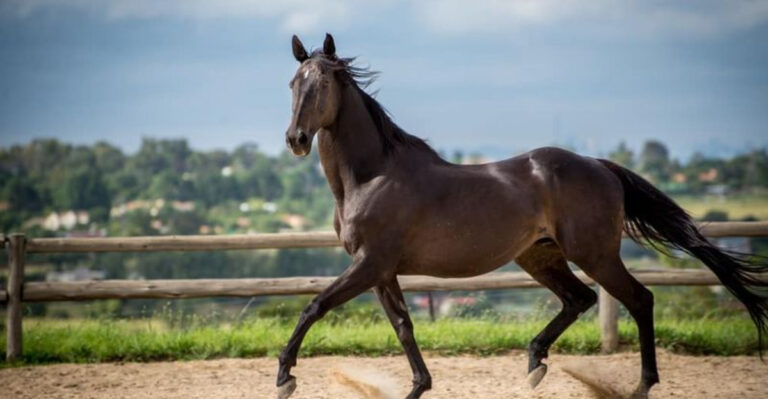8 Smells Horses Can’t Stand (And 6 They Absolutely Love)
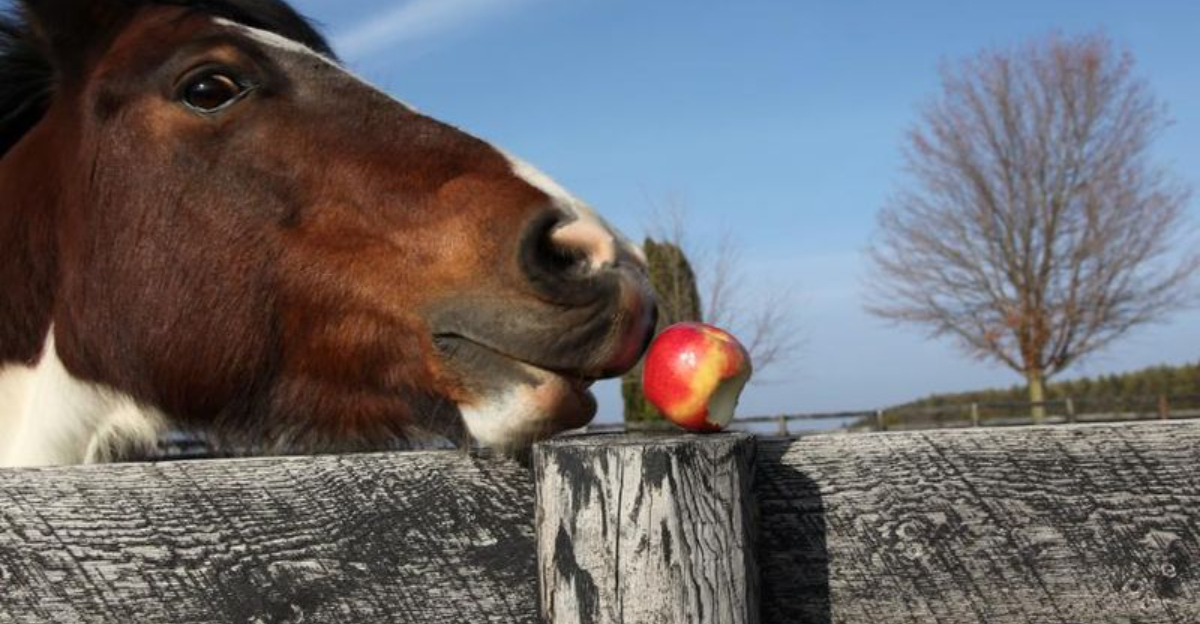
Horses experience the world primarily through their incredible sense of smell. Their nostrils can detect scents humans can’t even perceive, making certain aromas either delightful or downright repulsive to our equine friends.
Understanding which smells horses love or hate not only improves your relationship with these majestic animals but also helps create a more comfortable environment for them.
1. Strong Chemicals
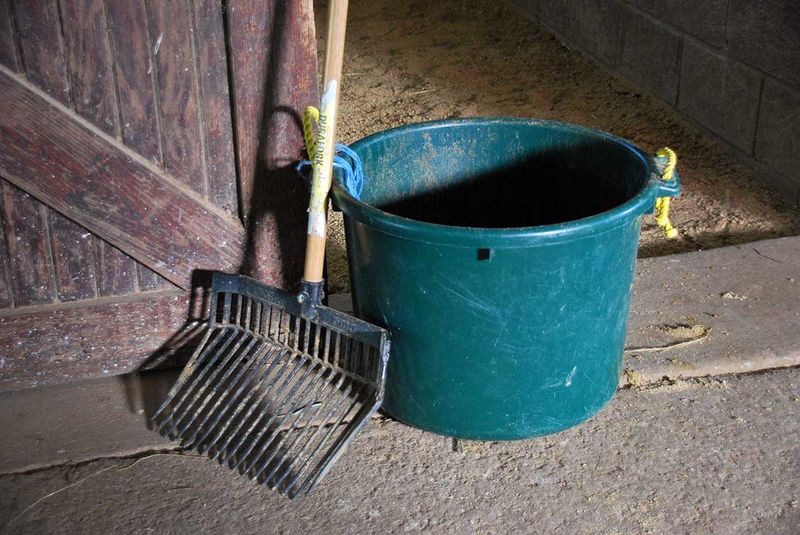
Chemical odors like bleach or ammonia can trigger immediate distress in horses. Their sensitive respiratory systems become irritated, often causing them to toss their heads, snort, or even bolt away.
Barn cleaning products containing harsh chemicals should be used sparingly and with proper ventilation. Many experienced horse owners opt for natural cleaning alternatives to keep their equine companions comfortable and calm.
2. Citrus
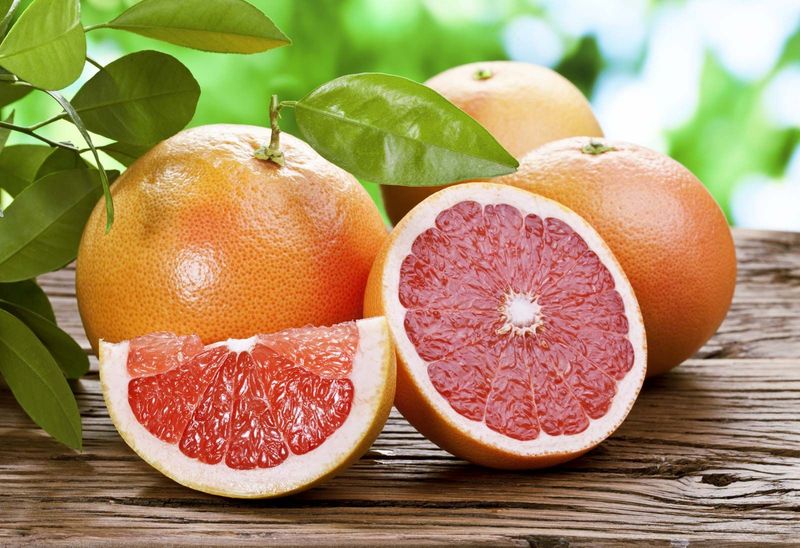
The zesty aroma that humans find refreshing actually makes horses wrinkle their noses in disgust. Many equestrians have witnessed their mounts back away from orange peels or lemon-scented products.
This natural aversion has practical applications too. Some horse owners use citrus oils as a natural deterrent to prevent cribbing or chewing on stall doors and fences, harnessing the horse’s dislike to modify unwanted behaviors.
3. Vinegar
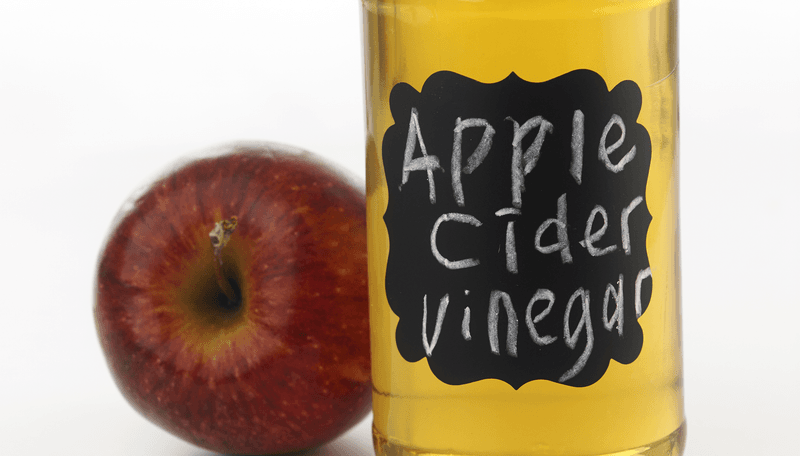
The sharp, acidic smell of vinegar sends most horses into retreat mode. Their nostrils flare and they’ll typically back away quickly if vinegar is brought near their face.
This aversion is so reliable that some trainers use diluted vinegar solutions on surfaces to discourage chewing. However, be cautious with this approach – the intense dislike can cause stress in sensitive horses, especially in confined spaces.
4. Garlic And Onions
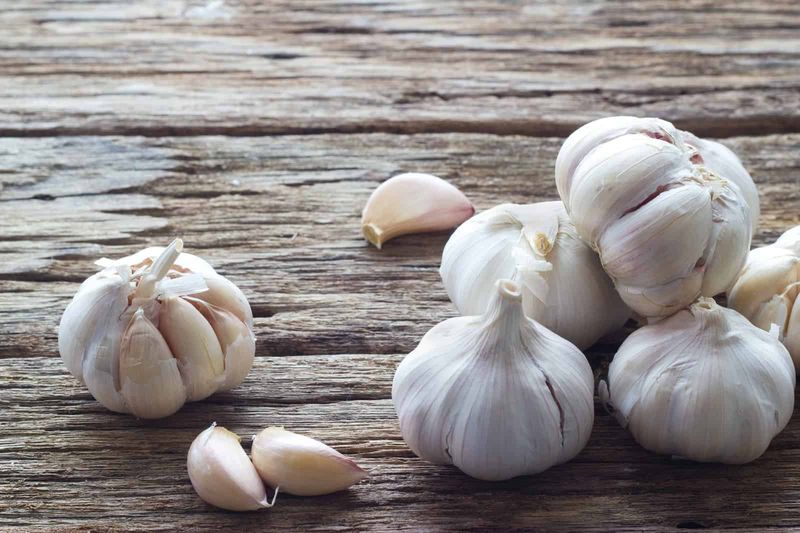
While some horse supplements contain garlic for its potential health benefits, the raw smell often causes horses to recoil. The pungent aroma of onions produces an even stronger negative reaction in most equines.
Interestingly, horses that consume garlic in their feed may develop an odor that repels flies. This creates a curious paradox – they dislike the smell themselves but benefit from its effects on pesky insects.
5. Mint
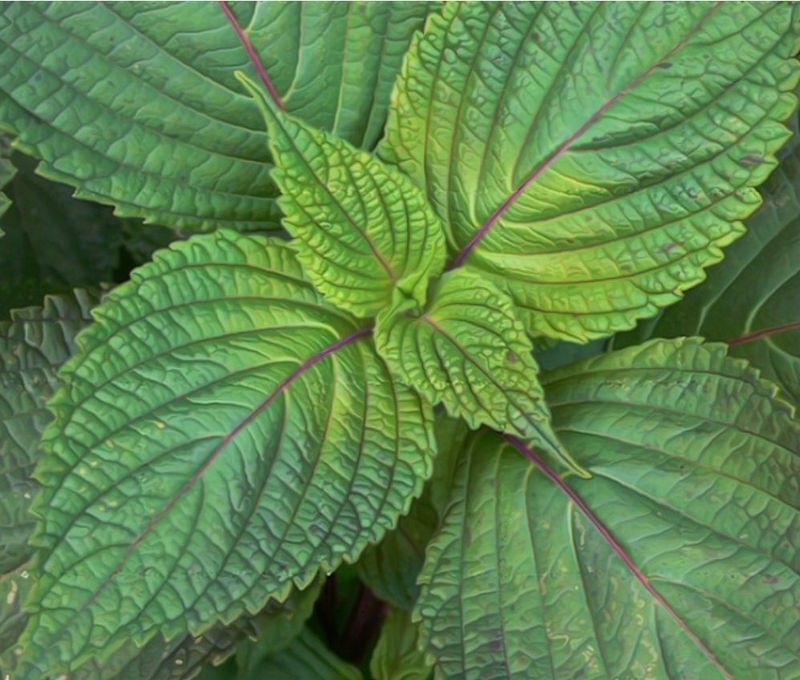
Surprisingly to many first-time horse owners, mint is frequently on the “dislike” list for horses. The powerful, sharp aroma overwhelms their sensitive olfactory system, causing them to shy away.
This contradicts popular marketing for many horse treats labeled as “mint-flavored.” In reality, these products usually contain minimal actual mint and rely more on molasses or other sweeteners that horses genuinely enjoy.
6. Perfumes And Fragrances
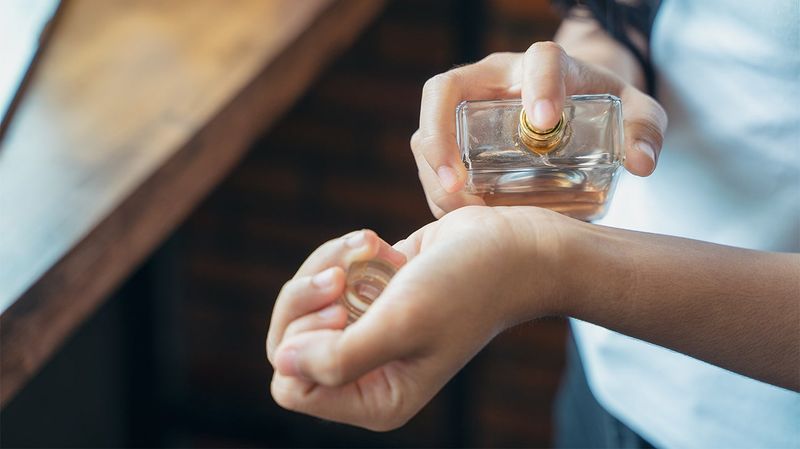
Your favorite perfume might be sending your horse the wrong message! Artificial fragrances can trigger anxiety or even fear responses in many horses, especially when worn by riders or handlers.
Professional equestrians often avoid wearing cologne, perfume, or heavily scented deodorants when working with sensitive horses. Natural body odor, though unappealing to humans, is actually more comforting to horses who recognize individuals partially by their natural scent.
7. Cigarette Smoke
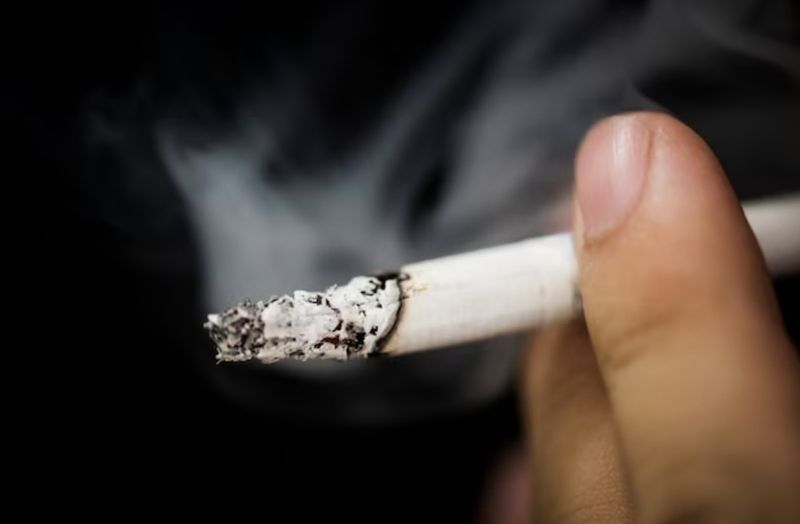
Horses find tobacco smoke particularly offensive. Their acute respiratory systems can detect even trace amounts of smoke particles in the air, triggering avoidance behaviors. Beyond the immediate discomfort, secondhand smoke poses genuine health risks to horses.
Their large lung capacity means they inhale significant volumes of air – and any contaminants it contains. Responsible barn owners typically enforce strict no-smoking policies around their equine residents.
8. Diesel Or Gasoline

The acrid smell of fuel can trigger immediate flight responses in horses. Their wild ancestors evolved to fear fire, and the petroleum smell registers as a similar threat in their primitive brain. Trailering presents challenges since horses must tolerate vehicle exhaust.
Experienced transporters allow proper ventilation and minimize idling near loaded horses. Many facilities now designate parking areas away from barns to reduce horses’ exposure to these stress-inducing fumes.
9. Fresh Hay
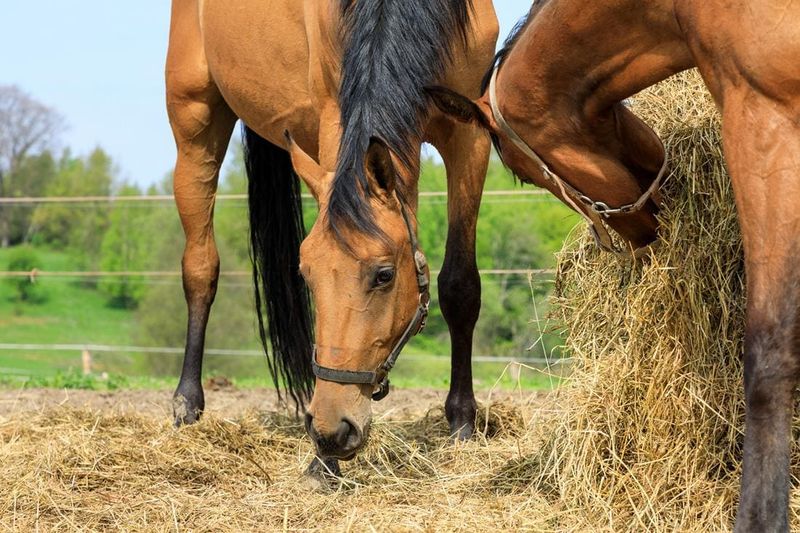
Nothing captures a horse’s attention faster than the sweet aroma of freshly cut hay. Their eyes soften, nostrils flare with interest, and many will nickering in anticipation when they catch this beloved scent.
Quality hay doesn’t just smell good – its fragrance actually indicates nutritional value. Horses instinctively recognize the sweet smell of properly cured hay that retains its vitamins and nutrients, making this scent both pleasurable and biologically significant to them.
10. Sweet Grass
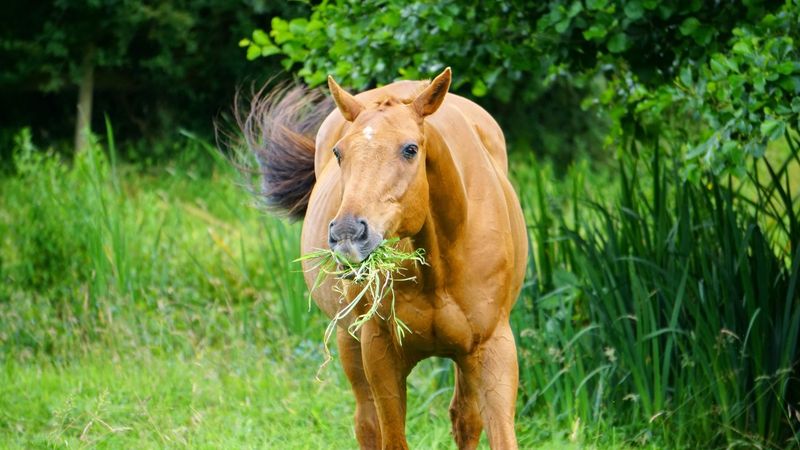
Watch a horse released into a lush pasture – they’ll immediately lower their head to inhale the intoxicating aroma of sweet grass before taking their first bite. This behavior shows how deeply connected horses are to this primal scent.
The fragrance of sweet grass triggers powerful evolutionary memories. For millions of years, wild horses followed their noses to find nutritious grazing. Today’s domestic horses still experience genuine joy when encountering this ancestral aroma.
11. Apple
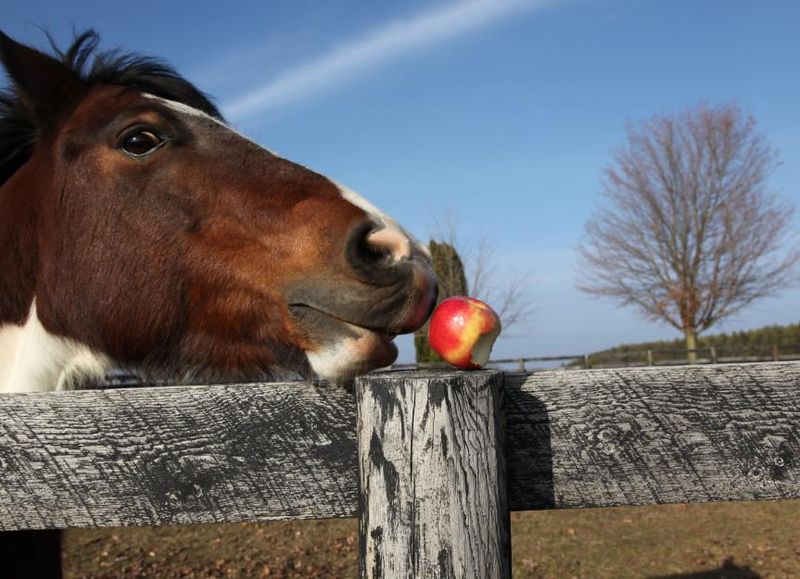
The sweet, crisp scent of apples makes most horses perk up their ears and search eagerly for the source. Their lips get active and they’ll often extend their necks, hoping for a taste of this favorite treat.
Apple-scented products have become popular in equine grooming lines because of this positive association. Some trainers utilize apple-scented sprays on new or potentially frightening objects to help horses overcome their natural caution through this pleasant olfactory distraction.
12. Carrots

The earthy sweetness of carrots creates an almost magnetic attraction for most horses. Their whiskers twitch forward and their eyes brighten at the distinctive aroma of this root vegetable. Carrots offer more than just a pleasant smell – they provide healthy nutrition and natural dental benefits.
The crunching action helps clean teeth while satisfying the horse’s natural foraging instincts. No wonder the mere scent of carrots can transform even the most stoic equine into an eager, lip-wiggling companion!
13. Lavender
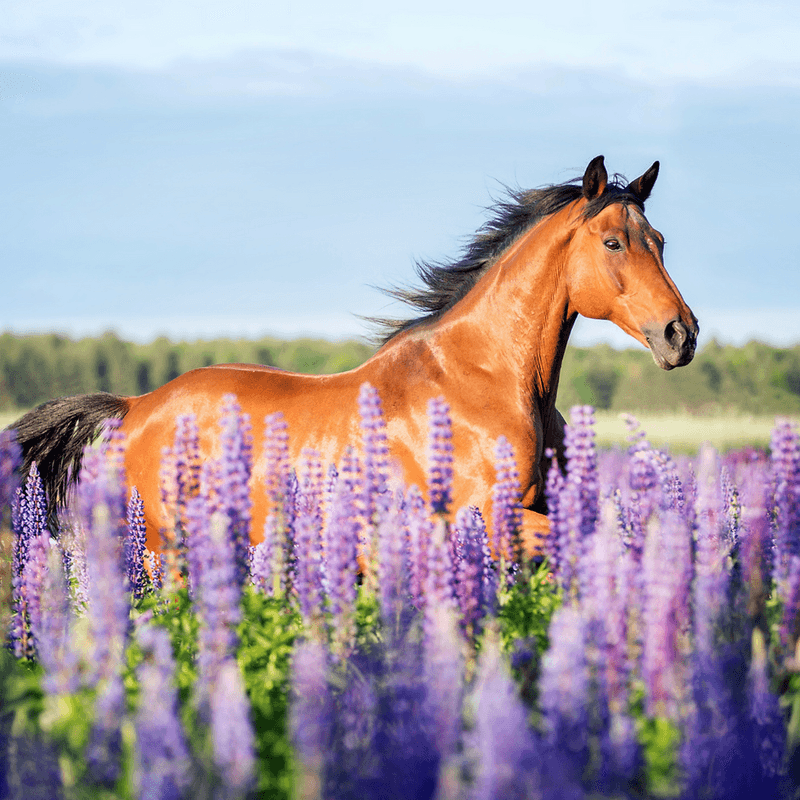
Unlike many strong plant scents, lavender often produces a visibly calming effect on horses. Their eyelids may droop slightly, breathing slows, and tense muscles relax when exposed to this gentle floral aroma. Scientific studies have confirmed what many horse owners observe – lavender genuinely reduces equine stress levels.
Some competition riders use lavender-infused products before events to help their horses maintain composure in high-pressure environments. The plant’s natural properties affect equine brain chemistry similar to how they soothe humans.
14. Molasses
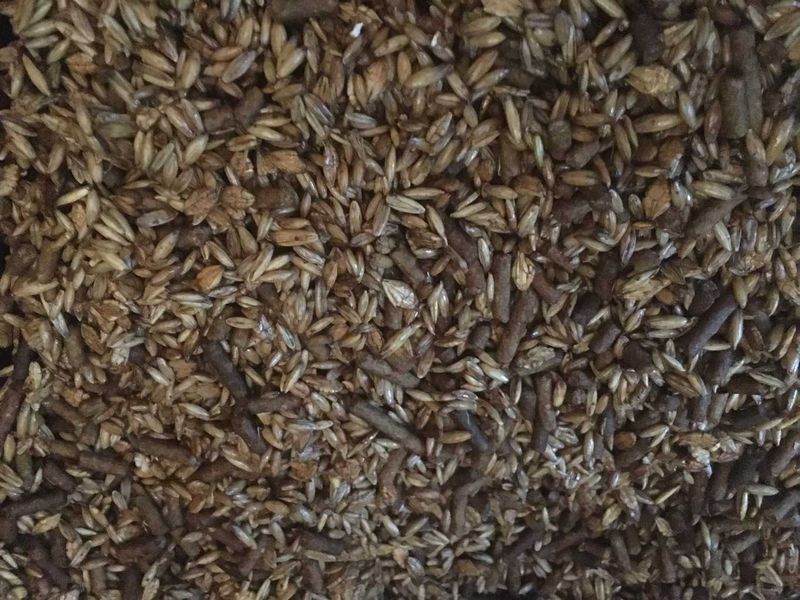
The rich, sweet smell of molasses drives horses wild with anticipation! This sticky treat activates their taste receptors even before they eat it, triggering enthusiastic reactions including lip-smacking and eager nudging. Feed manufacturers leverage this love affair by adding molasses to many commercial horse feeds.
Beyond just enticing picky eaters, the smell actually stimulates digestive enzymes. However, moderation remains important – too much molasses can contribute to metabolic issues in some horses despite their obvious enjoyment of this aromatic sweetener.

